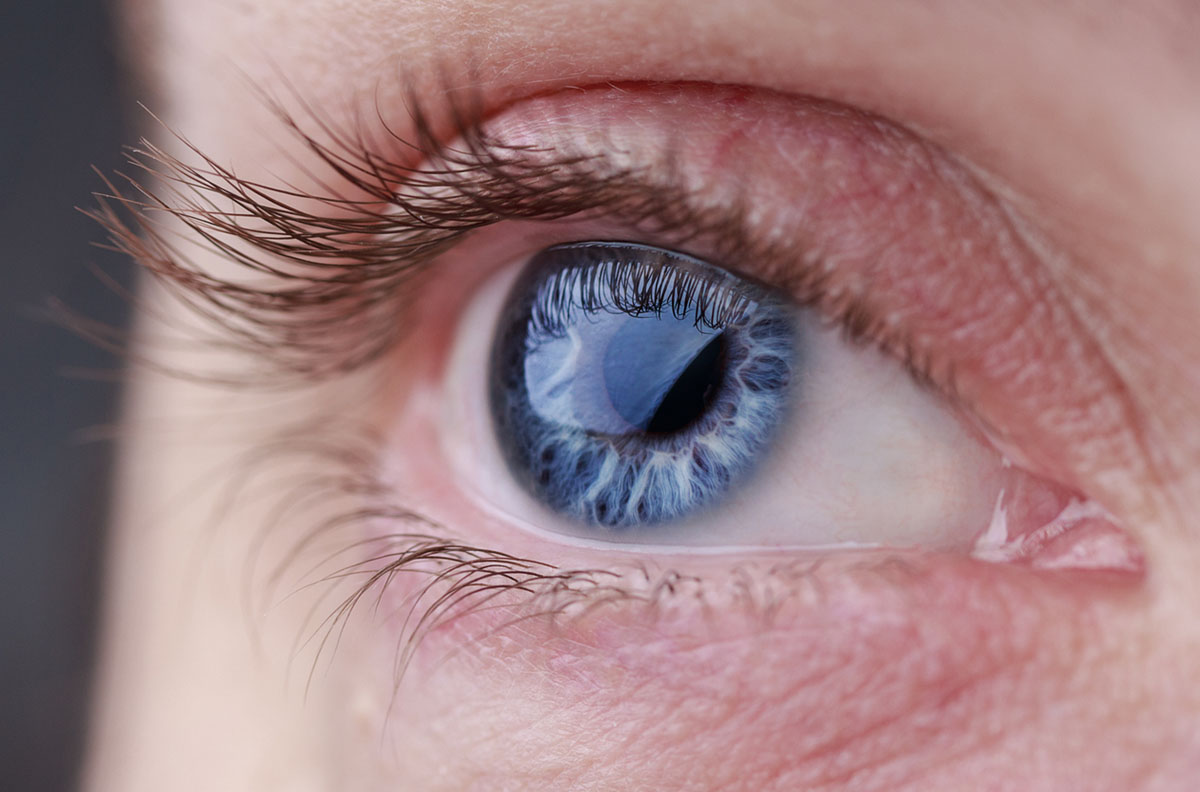Laser Eye Surgery Risks
Like with any medical procedure, there are risks associated with laser eye surgery. Your optometrist and surgeon will be very clear about what you can expect during surgery and post treatment. Once you have discussed this thoroughly at your consultation and surgeon assessment appointments, you’ll be provided with a consent form. This is to confirm that you understand what the procedure will entail and how to cope with recovery.

Potential side effects of laser eye surgery
It is important that you understand the potential side effects of laser eye surgery before you proceed with treatment. We ensure that all of our patients are fully informed about all aspects of treatment before committing to surgery, including on familiarising them with the below potential scenarios:
The development of dry eyes
This is a common side effect for patients, especially straight after treatment. Dryness and redness will disappear overtime for most patients, however if it persists, we provide dry eye treatment to combat its symptoms.
The development of an eye infection
This is extremely rare. We provide you with drops straight after your treatment to ensure that this is prevented. You should also attend regular aftercare appointments where we can monitor the recovery of your eyes. It is worth noting that not all the recovery will be at the hands of our clinic staff, you need to ensure that you are doing all you can to allow your eyes to return to normal too – this includes ensuring you are using your drops as prescribed to you.
Over-corrected/under-corrected eyes
In very rare cases, the patient’s prescription doesn’t result in 20/20 vision or their condition is reversed (long-sighted turned to near-sighted or vice versa). In the rare event of this happening, we can provide retreatment to rectify it.
FAQs about laser eye surgery risk
Can you go blind from laser eye surgery?
No one has ever gone blind from laser eye surgery. Extremely rarely, a patient’s eye can become infected following surgery and, even more rarely, this can lead to either partial or full loss of vision. As long as you follow the prescribed eye drop regimen following your laser eye surgery and attend all of your checkup appointments, your risk of infection will be greatly minimized and we will be able to detect early signs of infection.
Who is not suitable for laser eye surgery?
Patients who fall outside of our treatment parameters are unsuitable for laser eye surgery. In this scenario, we will suggest alternative treatments such as Implantable Contact Lens surgery, or Refractive Lens Exchange surgery.
If patients have dry eyes, a strong prescription, astigmatism, or thin corneas, they are unlikely to be suitable for laser eye surgery. Our priority is having happy patients with healthy eyes and the best possible vision, so if we don’t feel that laser eye surgery would be the best option for you, we won’t put you forward for it.
What is the success rate for laser eye surgery?
At Ultralase, over 99% of our patients achieve driving standard vision after LASIK and LASEK laser eye surgery. If you are unsatisfied with your visual result following your treatment, we will be happy to provide any medically necessary re-treatment to help you achieve good vision.
